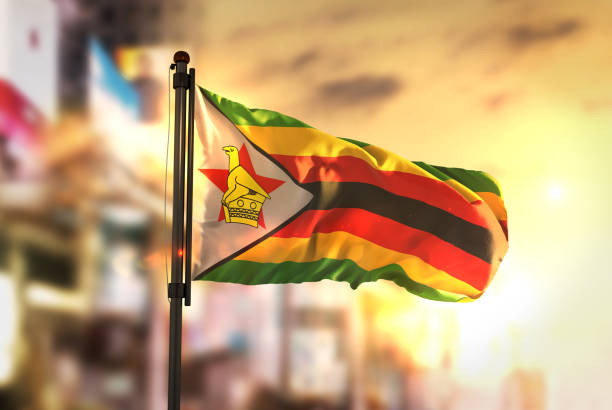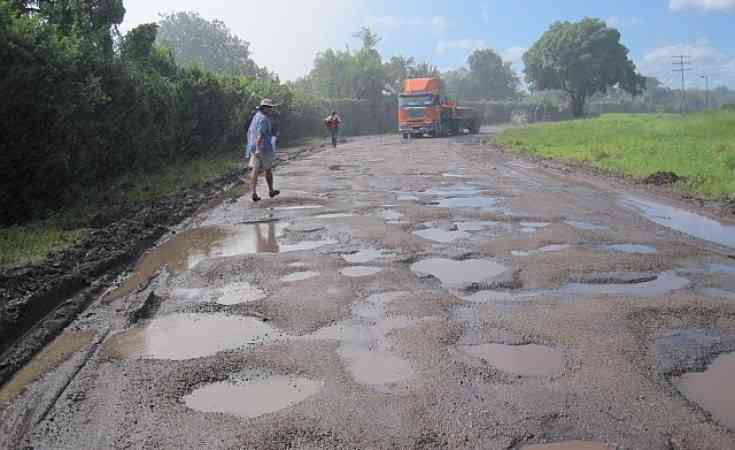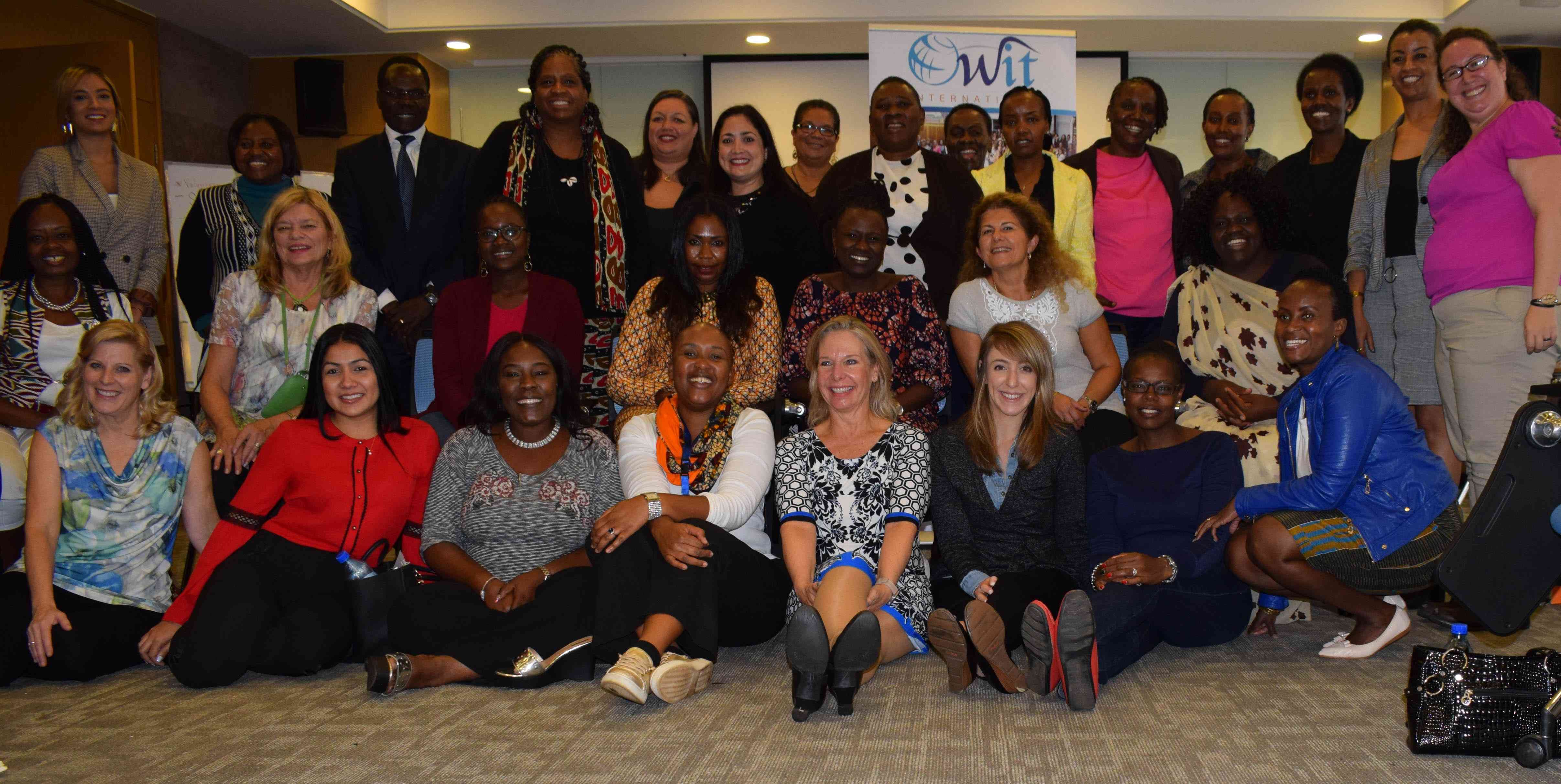
This is our first of a two-part series on education where we trace the role of education in development. In 2025 Zimbabwe struggles with her education policies.
In June 2025 the Amalgamated Rural Teachers Union of Zimbabwe, ARTUZ, organised demostrations in Mutare with a petition to the Public Service Commission addressing working living conditions of teachers in the country. Citing Sections 65 and 59 of the Zimbabwean constitution, the union expressed outrage at the ‘senseless targeting’ and ‘overzealousness’ of the Zimbabwe Republic Police, highlighting constitutional rights to peaceful petitioning and demonstration, and also the right to a fair wage.
Among those arrested during demonstrations was a nursing mother whose child, according to ARTUZ, ‘will forever be traumatised by this barbarism’.
From the lenses of many Zimbabweans studying abroad, the picture is fairly clear. Education remains critical in shaping tomorrow’s leadership. Leaders will need skills to respond to the ‘avalanche’ of population needs in the future, in the context of widening gaps in the education sector across the world.
As a Zimbabwean MSc economics student in India, co-author Innocent Musikanyangwe witnesses first-hand the centrality of education in equipping emerging leaders with crucial decision skills in today’s digitally driven world.
Over the past five decades, India is one among a few countries in the world where education has transformed modern economies.
Over this period India transformed from a struggling post-colonial state to one of the top five largest economies in the world.
This progression was driven by deliberate national policies that placed education at the centre of human development.
- Mavhunga puts DeMbare into Chibuku quarterfinals
- More woes for suspended Cottco boss
- Bulls to charge into Zimbabwe gold stocks
- Ndiraya concerned as goals dry up
Keep Reading
A key lesson is that just as educated leaders are ready to learn, they represent bigger opportunities for more enlightened choices for communities, and for the nation.
Following political independence in 1947, India invested in key higher learning institutions (including the Indian Institutes of Technology (IITs), Indian Institutes of Management (IIMs), and the All India Institute of Medical Sciences (AIIMS).
These institutes produced highly skilled professionals who could compete globally. According to India’s Ministry of Education, public spending on education has remained above 4% of GDP for over a decade, with the National Education Policy (NEP) 2020 setting a target of 6% of GDP by 2030.
This long-term commitment produced positive results, especially in science, technology and finance.
India’s digital economy is a powerful symbol of how education can leverage people from poverty into leadership.
The rise of the Indian IT sector, worth over US$2.5 billion in 2025, created millions of jobs.
Bangalore (the Silicon Valley of India), is a centre of global innovation today because of the country’s strong educational traditions. Interestingly, many leaders in this sector are first-generation graduates from poor families who accessed education through public universities. One example of educated leadership is Raghuram Rajan, who served as the governor of the Reserve Bank of India from 2013 to 2016.
A Harvard-trained economist, Rajan’s reforms strengthened India’s banking system by promoting financial inclusion through new banking licenses, tighter supervision of bad loans, and the expansion of schemes aimed at giving Indians access to savings accounts and insurance.
His leadership demonstrated possibilities of applying global education to local development with long-term impact.
Nandan Nilekani, co-founder of Infosys and the architect of the Aadhaar digital identity programme, is another key example.
His education at IIT Bombay cultivated in him technical and managerial competencies that allowed him to lead complex national policy projects.
Today, Aadhaar is the world’s largest biometric ID system. Aadhaar has helped reduce corruption by allowing direct cash transfers and targeted subsidies to the poor.
These are examples of educated individuals leading major reforms that improve lives on a national scale, as they impart their understanding of digital technologies and data systems in shaping economic policies and managing public resources.
Zim’s monolithic structures
In contrast, serious challenges threaten Zimbabwe’s education sector prospects. The quality and reach of education fall way behind modern demands and standards.
The digital divide continues to widen; as the Postal and Telecommunications Regulatory Authority of Zimbabwe (Potraz) reports, a meagre 31% of schools in the country have internet access, with the percentage being even lower in the rural areas.
During the Covid-19 lockdown, only 6.8% of Zimbabwean students had access to online learning platforms, and rural areas saw only 25% coverage compared to 70% in urban centres.
Leaving millions of learners stranded in the global race for digital literacy.
In 2025 Zimbabwe’s national registry is one large, inefficient apparatus, evidently costly to manage in tax-money terms, and also in terms of the forgone time of clients and taxpayers as they must repeatedly visit offices to fulfil what should be simple citizen obligations, like birth and death registration.
Why the registry office remains this manually driven monolithic structure in this digital age is a continuous source of wonder!
The cost of education adds to the problem matrix. Even mission schools that once in the past, were affordable, now charge US$600 - US$800 per term.
This reduces education access for the poor. Public schools, though officially affordable, have other additional costs such as development fees, examination fees, learning materials among others.
Consequently, many gifted students drop out because of education un-affordability. Without education, prospects of rising into leadership remains impossible.
In 2025, Zimbabwe suffers from high brain drain. The Zimbabwe National Statistics Agency ZimStat reports that in 2025 3.5 million+ Zimbabweans (professionals: teachers, nurses, engineers) live abroad, having migrated in search of better opportunities.
For instance, at US$300 per month, the Zimbabwean teacher earns far below global and UN benchmarks.
Consequently, as educators flee, the result are yawning gaps on the skilled labour market.
Brain drains weaken the country’s ability to reproduce new leadership.
Although remittances from the diaspora now account for about 10% of Zimbabwe’s GDP, they are not a substitute for the human capital lost.
In the rapidly digitalising world, minimum education and skills become an imperative in leadership and economic sectors.
Without urgent education reforms, the risk is a future where a few educated elites control decision-making processes, excluding the majority.
This increases income inequalities, causes social tension, conflict and instability.
Scenarios also exist where the uneducated find themselves in leadership positions they may not be qualified for.
Resulting in the entrenchment of incompetence.
The nation suffers immensely from policy decisions that are poorly researched, emotionally, corruptly or politically driven by leaders who pursue cheap popularity through divisive hate and blame antics, slogans and promises that ignore economic realities.
Education for enlightened communities
Beyond mere transformation of knowledge, education is about insights and skills to make critical decisions.
Equipping leaders with the capacity to understand technological trends, global markets and economic systems. Imbued with their decision skills, real leaders elevate dialogue, moderation, and constructive opposition- not loud speeches, but thoughtful decisions that unite and build nations towards effective goals.
A powerful 2025 example of leadership through integrity comes from Japan. At a toll gate where a technical glitch failed to charge drivers, many people returned voluntarily to pay their toll fees.
This was not because of fear of punishment, but because citizens understood their civic responsibilities.
This act of honesty and civic duty reflects on mind-sets developed by sound education policies.
In Zimbabwe, where the curse of political leadership is the pursuit of personal gain, at the expense of national interest, citizens would most likely behave differently.
Where corruption is normalised, the public trust is undermined, and future prosperity is denied.
Without educated leadership the nation lacks the privilege of enlightened choices, in a competitive world driven by data, innovation, complex trade relationships and diplomacy.
*Masimba Manyanya and Innocent Isheanesu Musikanyangwe are policy analysts at the Policy and Research Centre, Simukai Residents Trust, Goromonzi.
*These weekly articles are coordinated by Lovemore Kadenge, an independent consultant, managing consultant of Zawale Consultants (Private) Limited, past president of the Zimbabwe Economics Society and past president of the Chartered governance & Accountancy Institute in Zimbabwe. Email - kadenge.zes.gmail.com or Mobile No. 263 772 382 852











